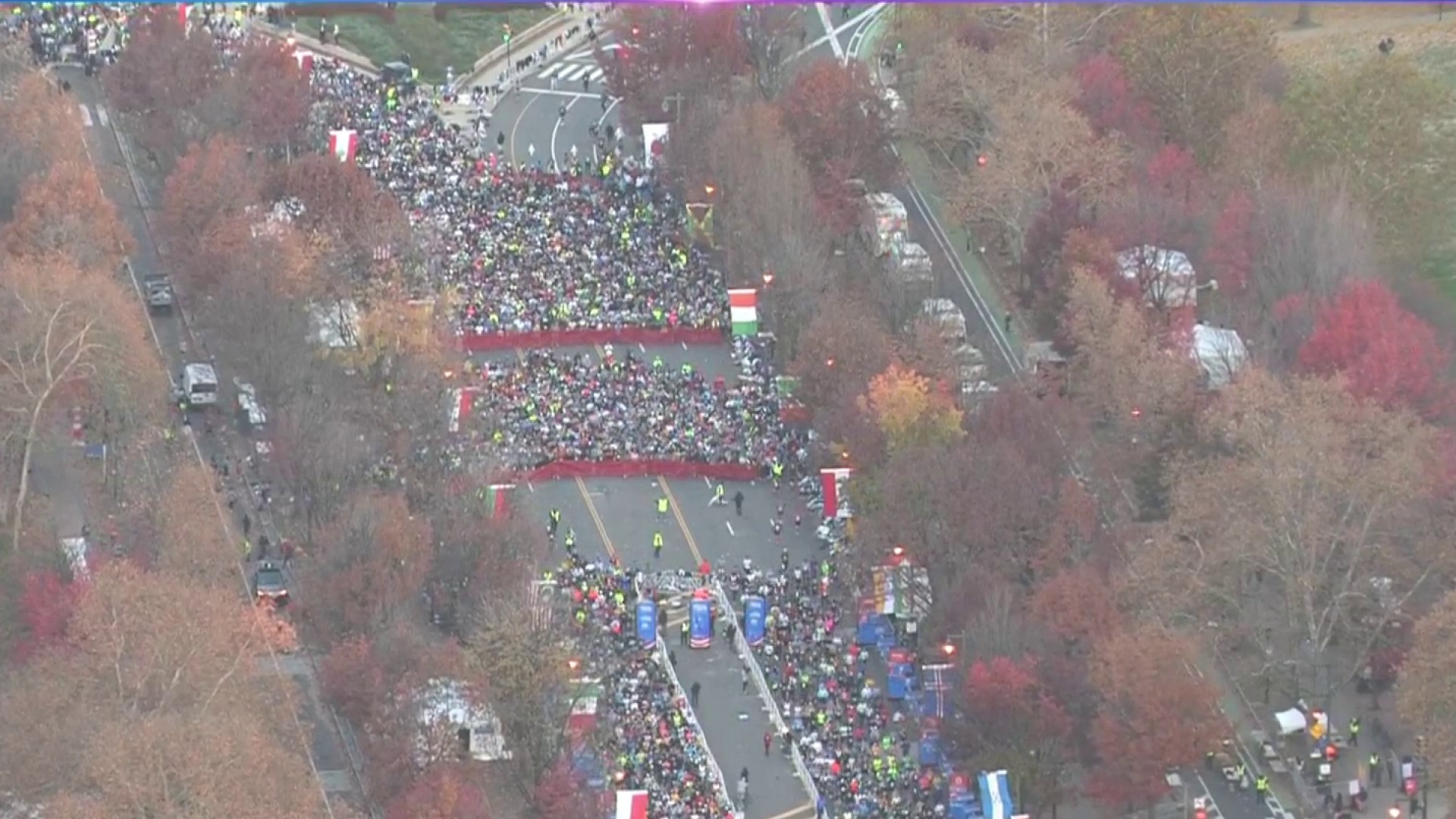Philadelphia is not building a new $400 million prison at the expense of thousands of school children.
The city is not currently building a new multimillion dollar prison at all, although you may have seen otherwise on Twitter and in online reports.
“Philly cut the school budget & schools are closing while 400 million is being put towards a new prison there,” one tweet reads.
Another says: “Philly closed down 23 schools, now building a $400 million prison... Well makes sense, no school, no after school activities, more crime.”
And a piece from Gawker is headlined: “Philadelphia Closes 23 Schools, Lays Off Thousands, Builds Huge Prison”
These assertions come as the School District of Philadelphia hands out layoff notices to nearly 4,000 teachers, administrators, secretaries, nurses and counselors and cuts sports, arts and other programs from the curriculum.
The district says it has a $304 million shortfall and needs to make the draconian cuts unless the city, state and unions can make up the difference. While the district hopes the city, state and teachers union will come through with the added cash, right now they don't have a definite way to make up the deficit.
Local
Breaking news and the stories that matter to your neighborhood.
The prison versus schools misconception reached a boiling point for Philadelphia Mayor Michael Nutter last Thursday, prompting him to send out this tweet:
News Flash - the "prison" that some are talking about is NOT in Phila, has NOTHING to do with Phila, and it is REPLACING 3 prisons in Pa. — Michael A. Nutter (@Michael_Nutter) June 14, 2013
The prison that's getting all the attention is being built by the State of Pennsylvania in Collegeville, Montgomery County.
Called SCI Phoenix, the brand-new prison complex is being constructed to replace the 84-year-old SCI Graterford state prison next door.
“What we’re doing is replacing old and expensive cell space with new state-of-the-art cell space,” Pennsylvania Department of Corrections Press Secretary Susan McNaughton said.

The Phoenix facilities -- a medium and maximum security prison -- will house a new women’s transitional unit and expanded capital case unit. McNaughton says the majority of the capital case inmates – serving life sentences for crimes like murders – come from Philadelphia. Currently, a segment of that population is housed at the SCI Greene facility 320 miles away in southwestern Pennsylvania.
“It will make it easier for us to transport them to and from court for any proceedings they may have,” she said.
When it opens in 2015, McNaughton says the new complex will be able to house 4,000 prisoners, which is 200 more than the capacity at SCI Graterford. Corrections officials expect SCI Phoenix to save the state about $20 a day per prisoner.
While the city does not pay for or control the SCI Phoenix complex or SCI Graterford, Phoenix will be the closest prison to the city and the majority of inmates are expected to come from Philadelphia. Fifty-one percent of the prison population, which includes death row, lifer and long-term inmates, are housed in SCI Graterford, according to McNaughten. That number is sure to rise after the new facility opens.
Defendants in Philadelphia are housed in one of six city prisons at the correctional complex along State Road in Northeast Philadelphia until they are sentenced.
Philadelphia Prisons System spokeswoman Shawn Hawes says those sentenced to less than 23 months will typically remain in Philadelphia. Inmates with longer sentences enter the state correctional system.
Some critics have argued that money the state used to pay for the new prison could have been used to help close the funding gap for Philadelphia's public schools. McNaughton says the Department of Corrections did not receive money to construct the facility through the state’s $22.6 billion general fund, which also funds the Department of Education. The prison funds, she said, were set aside several years ago when Governor Ed Rendell was in office.
Mayor Nutter’s Press Secretary Mark McDonald says while it’s understandable that people would rather see money spent on education over incarceration, the matter is out of the city’s hands.
“The Mayor is committed to strengthening the public education system in the City and he’s also committed to improving the programs that help returning citizens after they’ve paid their debt to society,” he said.
Nutter was in Harrisburg for the second time in two weeks on Tuesday to try and get state lawmakers to approve a $2 a pack tax on cigarettes. That tax would help the city kick $74 million in school funding.
Still, with the state controlling the School District of Philadelphia through the School Reform Commission, one can argue that the complex could have been scrapped and the money given to Philadelphia’s schools.
McNaughten said Corrections Secretary John Wetzel did scrap a facility under development in western Pennsylvania because he felt it was not needed, but that the same could not be done with Graterford.
“We still have standards that we have to meet,” she said. “You have to keep your system up-to-date.”
Contact Vince Lattanzio at 610.668.5532, vince.lattanzio@nbcuni.com or follow @VinceLattanzio on Twitter.



